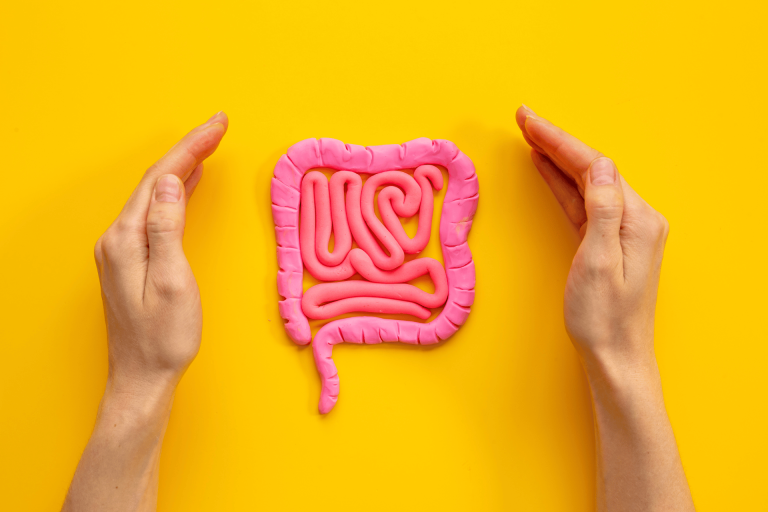Introduction:
Gut health is the cornerstone of overall wellness, influencing digestion, immunity, and even mental health. With rising interest in natural health solutions, learning how to improve gut health naturally has never been more vital. Inspired by insights from the Doctor Mike Hansen guide, we’ve compiled science-backed strategies to help you nourish your gut microbiome, reduce inflammation, and enhance vitality—all without relying on quick fixes.
1. Prioritize Fiber-Rich Foods.
Your gut bacteria thrive on dietary fiber, which fuels their growth and diversity. Aim for 25–35 grams daily from:
Whole grains: Oats, quinoa, and brown rice.
Fruits & veggies: Apples, berries, broccoli, and leafy greens.
Legumes: Lentils, chickpeas, and black beans.
Pro Tip: Gradually increase fiber intake to avoid bloating, and pair with water for better digestion.
2. Add Probiotic-Rich Foods to Your Diet
Probiotics are live beneficial bacteria that balance your gut microbiome. Include:
Fermented foods: Yogurt, kefir, sauerkraut, kimchi, and miso.
Supplements: Look for strains like Lactobacillus and Bifidobacterium (consult a healthcare provider first).
Did You Know?
The Doctor Mike Hansen highlights how fermented foods can reduce bloating and improve nutrient absorption.
3. Don’t Forget Prebiotics
Prebiotics are non-digestible fibers that feed probiotics. Top sources include:
Garlic, onions, leeks.
Asparagus, bananas, and chicory root.
4. Stay Hydrated
Water supports mucosal lining in the intestines and prevents constipation. Drink at least 8 glasses daily. Herbal teas like ginger or peppermint can also soothe digestion.
5. Limit Processed Foods and Sugar
Processed foods and added sugars promote harmful bacteria growth. Swap sugary snacks for:
Dark chocolate (70%+ cocoa).
Fresh fruit with nut butter.
6. Manage Stress Effectively
Chronic stress disrupts gut-brain communication, leading to issues like IBS. Try:
Meditation or deep breathing exercises.
Yoga or daily walks in nature.
7. Get Quality Sleep
Poor sleep harms gut bacteria diversity. Aim for 7–9 hours nightly by:
Establishing a bedtime routine.
Avoiding screens 1 hour before sleep.
8. Exercise Regularly
Physical activity boosts gut motility and microbial diversity. Even 30 minutes of walking daily can make a difference!
9. Avoid Unnecessary Antibiotics
Antibiotics wipe out both good and bad bacteria. Use them only when prescribed, and replenish probiotics afterward.
10. Experiment with Intermittent Fasting
Giving your gut a rest through timed eating (e.g., 16:8 fasting) may reduce inflammation and support microbial balance.
Conclusion:
Improving gut health naturally requires consistency, but the rewards—better digestion, immunity, and energy—are worth it. Start with 1–2 strategies from this list, and check out the the Doctor Mike Hansen guide for visual guidance. Your gut will thank you!
FAQ Section
Q: What are the signs of an unhealthy gut?
A: Bloating, constipation, fatigue, food intolerances, and frequent infections.
Q: How long does it take to improve gut health naturally?
A: It varies, but many notice changes in 2–6 weeks with consistent effort.
Q: Can stress really affect gut health?
A: Absolutely! The gut-brain axis links emotional stress to digestive issues like IBS.
Q: Are probiotic supplements necessary?
A: Not always—focus on food sources first, but supplements can help if dietary intake is low.
Learn more:
Hurry up! Get 25% off now for a limited time offer.




